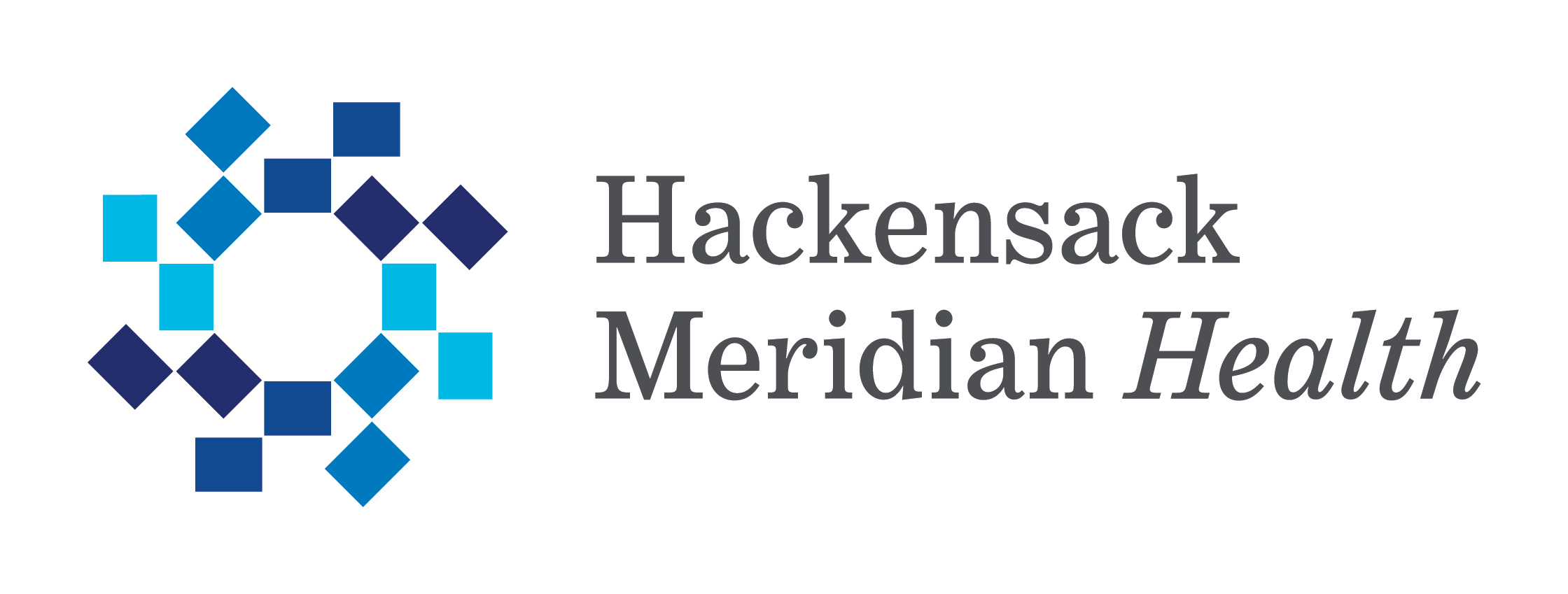Newswise — Cardiovascular experts at Hackensack Meridian Jersey Shore University Medical Center are now using new, leading-edge imaging technology to view inside patients’ coronary arteries in real time, with greater detail, and more accompanying data than ever before.
The new imaging technology Abbott’s intravascular Optical Coherence Tomography (OCT) is used in cardiac catheterization laboratories during diagnostic and coronary angioplasty procedures, also called percutaneous coronary intervention (PCI). Coronary artery disease is mainly caused by the buildup of fat deposits or plaque that constricts the arteries supplying the heart with blood. The technology is being used at only two other hospitals in New Jersey.
During PCI procedures, cardiologists open clogged heart arteries by placing a stent expanding and supporting the artery’s walls to improve blood flow to the heart. This reduces or eliminates patients’ symptoms of chest pain, shortness of breath, and helps prevent heart attack.
“For decades, PCI has predominately been guided by angiography,” said Jersey Shore University Medical Center’s Structural Heart Disease Program Director Matthew Saybolt, M.D., FACC. A type of dye, visible by X-ray, is injected into coronary arteries during angiography. The X-ray machine rapidly takes a series of images, providing cardiologists a view of the artery. “This view made PCIs possible, but angiography does not give us a complete picture of what is happening in the artery, as it provides a two dimensional view of a three dimensional blood vessel.”
OCT uses near-infrared light to provide high-definition images of the interior of the artery, with high precision. This is accomplished by inserting a catheter with a miniscule camera into the artery. “We are now integrating the angiography and OCT imaging together,” said cardiologist Daniel Kiss, M.D. “By overlaying the images, it gives us a lot more information so we can synthesize that detail in our minds to make better clinical decisions for patients. As we see more of the composition of the artery, we can see if there is a clot, calcium buildup, how much plaque is present, assisting us in calibrating treatments to achieve even better patient outcomes.”
OCT also provides automated, accurate measurements inside arteries helping to identify the nature of blockages and reveal lesions, to help guide stent selection, placement, and deployment. “We don’t need to make approximations anymore, we can measure what size stent to put in, width and length, and how best to treat any vessel damage,” said Dr. Kiss.
The academic medical center is one of several sites throughout the country partnering with Abbott to enhance the quality of patient outcomes utilizing the OCT technology. “This is really what the focus of all our efforts is about; providing optimal PCI procedures, using the best stents and treatments so we have better outcomes, and providing safe, high-quality care for all our patients,” said Dr. Kiss.
For many years, Jersey Shore University Medical Center has been one of the leading hospitals in the state to perform diagnostic and interventional cardiac procedures. “That wealth of experience translates into an incredible level of expertise for our cardiac specialists,” said Vito Buccellato, MPA, LNHA, president and chief hospital executive, Jersey Shore University Medical Center. “We are making a significant commitment to improve our technologies to give our experts the tools they need to reach even greater heights.”
Earlier this year, the academic medical center launched a $45 million invasive cardiovascular expansion project to create a dedicated, comprehensive cardiovascular suite, adding the latest technological upgrades. “Jersey Shore has an outstanding cardiac team and consequently we are seeing an increasing demand for cardiac services,” said Kenneth N. Sable, M.D., MBA, FACEP, regional president, Southern Market, Hackensack Meridian Health. “This expansion will allow us to meet the growing needs of our community.”
For information, visit www.jerseyshoreuniversitymedicalcenter.com/services/cardiovascular-program/. For a free physician referral, call 844-HMH-WELL.
